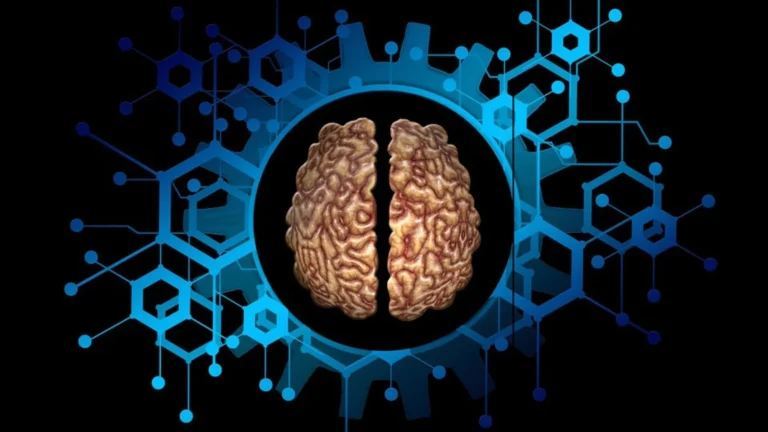According to the Merriam-Webster dictionary, vitality is defined as “lively and animated” (Merriam-Webster, 2021), the “power of enduring” (Merriam-Webster, 2021) or as “the state of being strong and active.” The emergence of far-right parties is both a symptom of democratic vitality and at the same time might become a threat to democratic systems.
As David McIvor states, when we ask ourselves how healthy democracy is, we do it on a subjective basis, which is constructed on certain assumptions and understandings of how democracy should be and how we view that it operates or fails to do so. Nevertheless, the emergence of right-wing parties according to Spitter’s research on “whether populism is a dangerous threat to democracy” (Spitter, 2018: p.98) has resulted in the opinion that right-wing parties have “negative and damaging effects on contemporary democratic systems.” (Spitter, 2018: p.98). Spitter supports this position because of the certain type of policies that RWP[1] often pursue, which reportedly include freedom of the press or minority rights. Despite that, a distinction must be made between the impact that RWP have in two different situations: 1) when RWP are performing in government and 2) when they are in the opposition. Huber and Schimpf (2016) analyzed through a large sample study the impact of RWP on these two scenarios and concluded that there is a “negative effect when in government, but not a significant effect when in the opposition” (Spitter, 2018: p.99).
While the emergence of right-wing parties might be viewed by some as a threat to democracy, we can state that on many occasions, they are not necessarily a “threat to democracy.” According to Canovan (1999), RWP show what has been defined as the “redemptive face of democracy” (Spitter, 2018: p.102) by presenting some issues that are not routinely considered in the political space or agenda, but instead of presenting them in a correct or adequate manner, they – especially radical or far-right parties – mediatize the topic.
On the other side of the question, whether the emergence of RWP is a symptom of democratic vitality can be argued positively. On this line, Spittler (2018) draws conclusions that have been presented in previous research arguing that “populist parties stimulate democracies, especially in terms of participation and turnout” (Spitter, 2018: p.102). In this line, Immerzeel & Pickup (2015) conclude the same, but applied to the European case; thus, raising the question if this assumption can be translated to other political systems on the global stage. Not only that, but Mudde and Rovira Kaltwasser (2017) point out that RWP – as well as populist left parties – can result in a “corrective form of democracy” (Leininger & Meijers, 2020) by favoring political participation and presenting concerns that were not on the political agenda and these might be, in turn, a voice amplifier for those citizens that were not considered part of the political establishment.
It is worth noting that the conclusions that have been drawn in the academic literature about the relation of the participation of RWP and an increase in the voter turnout, as Leininger & Meijers (2020) point out, are inconclusive. On the other side, right-wing parties are necessary for the functioning of democracy as a means to keep the political environment balanced. However, stating that these parties are necessary is not stating the same as that RWP is the most relevant factor to the maintenance or development of democracy. It is precisely due to the fact that citizens regularly position themselves on different spectra of the ideological and political axis, that when these citizens with a specific ideology vote, they need political representatives to defend their ideas in parliaments or congress, either through the formation of government policies or when taking an opposing position.
Having analyzed the two parts of the question, we conclude that the emergence and presence of right-wing parties are necessary for the vitality of democracy. Assuming that democracy is founded on the plurality of opinions and their subsequent representation in institutions through political parties, both the right-wing party and their left-wing party counterparts are necessary for there to be a debate. However, on the other hand, the type of policies that both radical right-wing and left-wing parties carry out can ultimately pose a threat to democracy and government functioning. Therefore, we can affirm those competing ideological perspectives are necessary to guarantee political plurality, but in some instances, they can create threats to democracy.
Bibliography
Friedman, U. (2017). Why Conservative Parties are central to democracy. The Atlantic, Retrieved 9th April 2021 from https://www.theatlantic.com/international/archive/2017/06/ziblatt-democracy-conservative-parties/530118/
Hitt, J. (2021). The health, strength and vitality of a democracy. Retrieved 9th April 2021 from https://magazine.libarts.colostate.edu/article/the-health-strength-and-vitality-of-a-democracy/
Immerzeel, T., & Pickup, M. (2015). Populist radical right parties mobilizing ‘the people’? The role of populist radical right success in voter turnout. Electoral Studies, 40, 347-360.
Leininger, A., & Meijers, M. J. (2020). Do Populist Parties Increase Voter Turnout? Evidence From Over 40 Years of Electoral History in 31 European Democracies. Political Studies. https://doi.org/10.1177/0032321720923257
Spittler, M. (2018). Are Right-Wing Populist Parties a Threat to Democracy? In Democracy and Crisis (pp. 97-121). Springer, Cham.
[1] Acronymic that stands for Right-Wing Parties.
Image Credit: Pixabay
About the Author: Marina Tovar is a Junior Researcher at IACS. She is a last-year International Relations and Law student at the Autonomous University of Barcelona, Spain.








